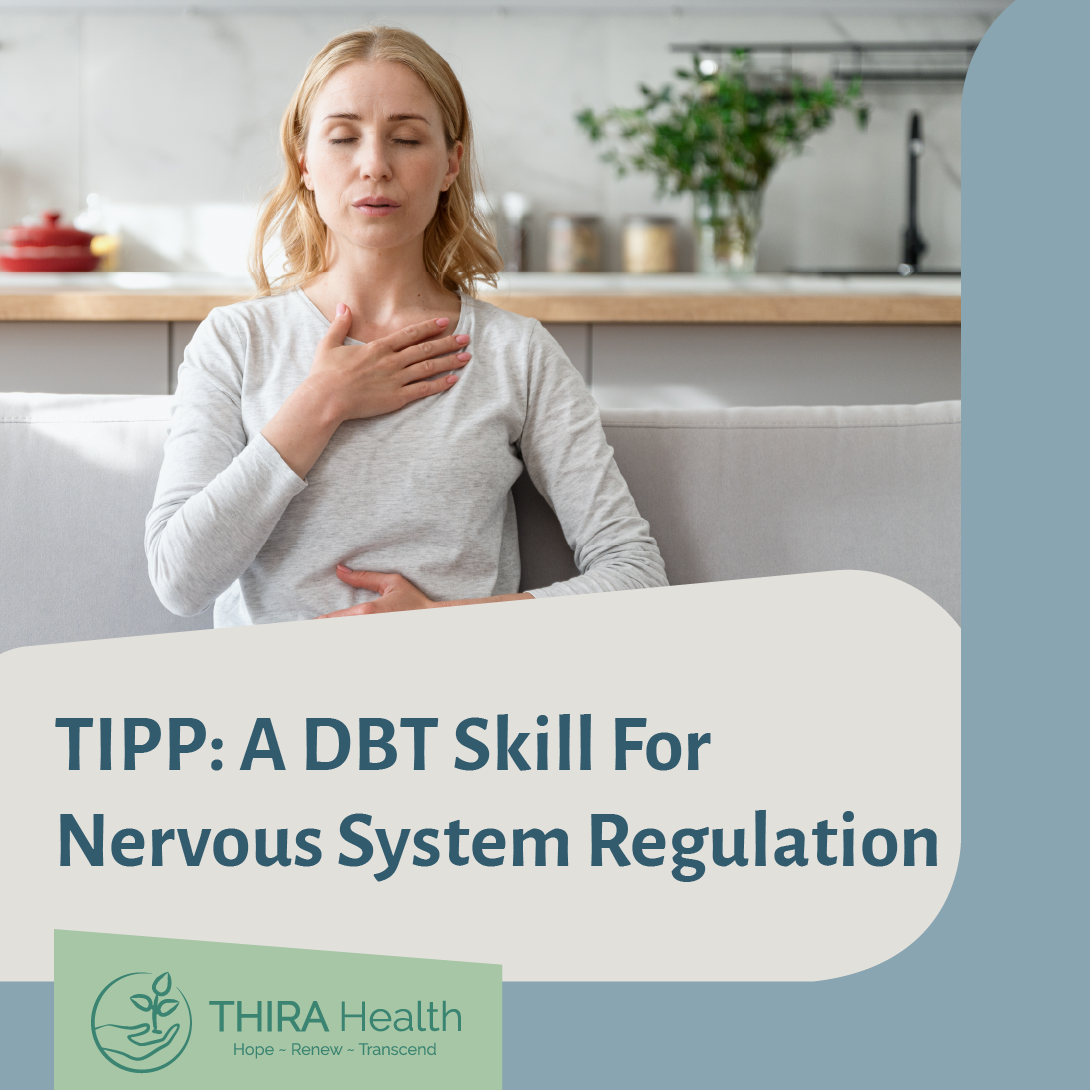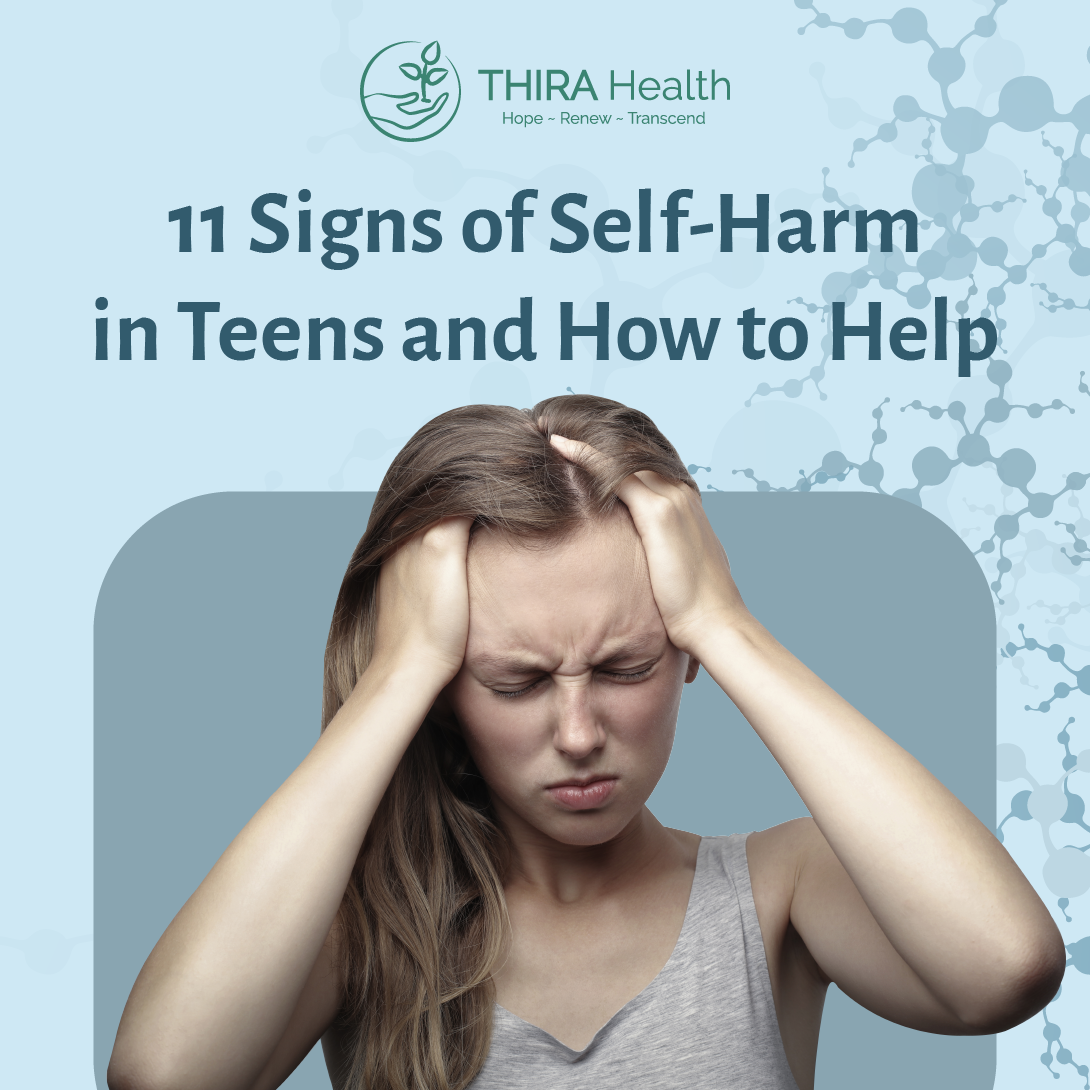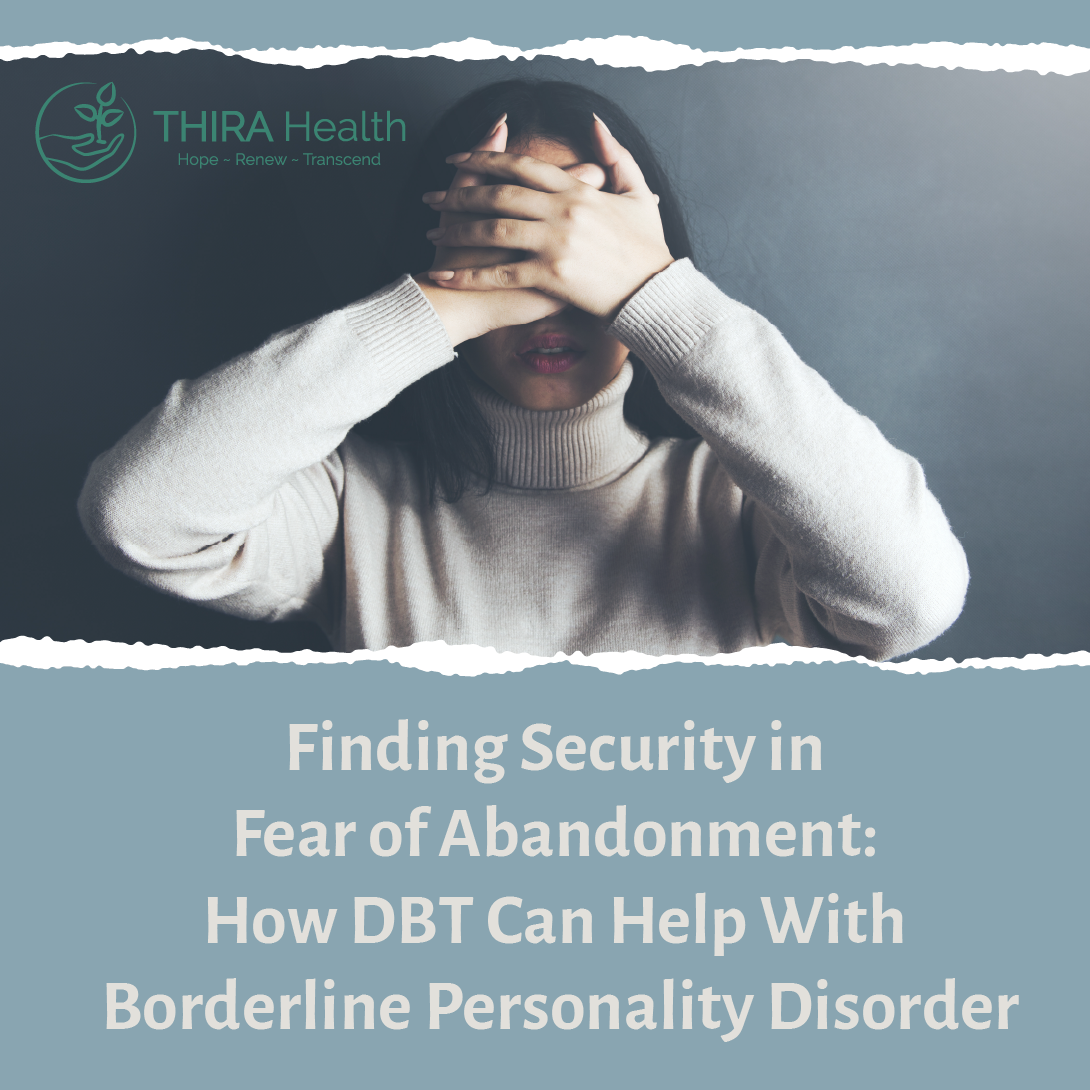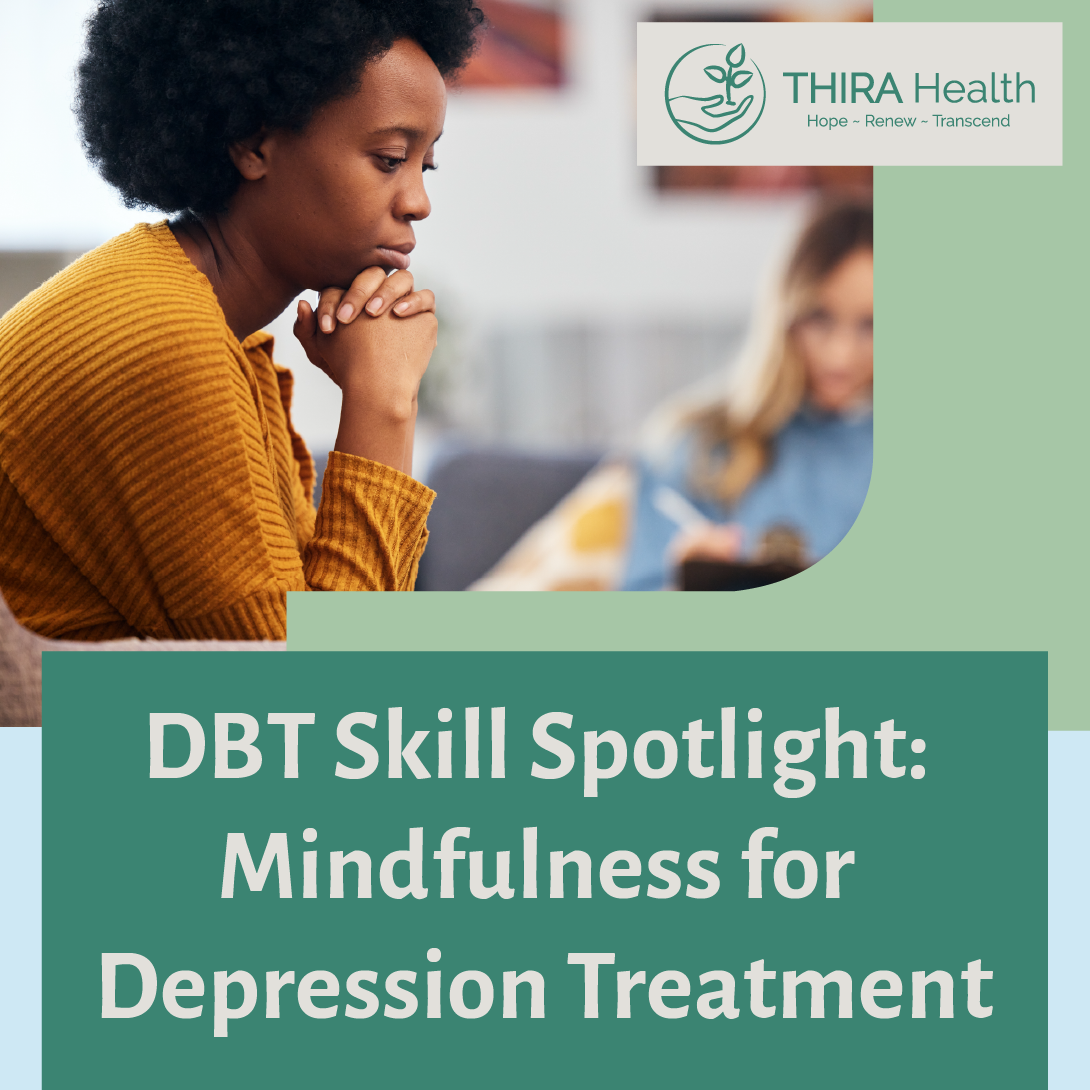Today’s teens are frequently bombarded with opportunities to feel badly about themselves. The constant access to technology and social media means they are seeing people with apparently glamorous lives, attractive bodies, and “perfect friendships”. It is enough to make anyone wonder why their life isn’t similar, or as “good”.
Adolescents and young adults these days have many demands placed on them from families, and from social media “lifestyle envy” . They may feel pressured to get the best grades in school, get the highest test scores, and get into the best colleges. The American Psychological Association acknowledges that young people today face unique challenges that previous generations haven’t. What’s more is that they are aware of it. It is not just families and social media “peers” who create expectations and consequent pressure on teens – they have high or unrealistic expectations of themselves as well. Teens are hard on themselves if things aren’t done perfectly; in order to protect themselves from their fear of incompetence they may choose to sit out instead.
Now more than ever, our teens seem to be stuck in a crisis of low self-esteem.
What exactly is self-esteem?
To put it simply, self-esteem describes our beliefs about ourselves, and our emotional responses to those beliefs.
Low self-esteem is associated with negative views about ourselves. We think badly of ourselves and may feel we are a burden to other people. With this mindset, we sometimes avoid situations that might lead to rejection or to feelings of inadequacy; we don’t go to that party, introduce ourselves to those new people, or avoid raising our hand in class for fear of making a fool of ourselves.
In contrast, high self-esteem is associated with feeling worthy, happy, and confident in our ability to address and adapt to changes in life. We’re confident we can handle challenges, so we try out for the lead in the musical, or we put ourselves out there and talk to the new student in class.
Researchers have studied what helps and hurts self-esteem in teenagers and gotten mixed results. Some suggest that risk factors for lower self-esteem may include being overweight, having a sedentary or inactive lifestyle, and poor school performance. Protective factors, or factors common in teens that have high self-esteem include stronger school performance, participation in team sports, better health, and positive family relationships.
What this really means is that there is no universal experience that raises or lowers a teen’s self-esteem. It’s important to consider what makes us feel bad about ourselves, and what makes us feel better and more confident.
Teenagers, self-esteem, and mental health
Self-esteem can be considered a ‘stable’ factor, meaning it might not change for a long time. Because of this, low self-esteem during teenage years can increase the risk of depression in later adolescence and early adulthood. This link is understandable; if we don’t feel confident in ourselves, we’re more likely to feel sad, have negative thoughts, and feel like what we do doesn’t matter.
Low self-esteem is associated with a variety of other psychological issues for teens, such as anxiety, disordered eating, and substance abuse. It’s increasingly evident that the way we think about ourselves affects how we interact with our environment.
How to build your teen’s self-esteem
Parents might be wondering how they can encourage growth of their teen’s self-esteem. Here are a few helpful tips to foster higher self-esteem in adolescents:
- Stop doing everything for them. We mention this first, as it is perhaps the most important thing you can do that will make an impact on your teen. Everyone makes mistakes and mistakes are some of the most important learning tools we have, however painful they can sometimes be. Children who have learned that you’ll step in whenever a challenge arises become teens who aren’t confident in their own abilities. This could look as simple as allowing them to make their own food sometimes, or helping you shop for the family.
- Catch them being good. We often focus so quickly on things others do wrong and don’t take enough time to notice when they do them right. Every teen does good things and wants to be noticed for it. Congratulate your teen on their accomplishments and emphasize their effort and hard work even when it may seem to be a minute task. Encourage them to be proud of this hard work. It’s important we recognize it, but it’s crucial they see it too.
- Make sure your criticism is constructive. Don’t be overly critical if they don’t get the best grade or get into trouble. They probably already feel guilty or bad about themselves. Instead, help them solve the problem. Encourage their own ability to come up with potential solutions or help them brainstorm some together.
- Ask their opinions and advice. Teens have opinions, thoughts, and beliefs and they want to share them! But they’ll only do so once they feel respected. Thinking about redecorating? Ask what your teen thinks about the furniture you’ve picked out. Got a work presentation or big interview coming up? Ask your teen for advice on how to get through it. Even simply having conversations with your teen about their perspective about current events can help them to know that you value what they have to say.
- Encourage them to develop their talents and interests. Everyone wants to feel like they’re good at something, and teens are no different. Maybe your teen loves to dance, enjoys playing trombone in the school band, or likes learning how to code online. Even if you might think their choice of hobby is weird or annoying, support their exploration. Just make sure it doesn’t interfere with their responsibilities, like school or family obligations.
- Encourage them to volunteer or advocate for a cause they care about. There’s evidence that volunteering can boost teens’ self-esteem. Teens can feel more competent when taking on the challenge of helping someone they don’t know. Frame volunteering as an opportunity for teens to foster autonomy and self-efficacy. Give them the chance to pick a cause or organization they find personally important.
THIRA Health Can Help
If your teen is struggling with mental health issues arising from long term effect of low self-esteem Thira health can help by offering help to help set your teen up for success in life.
THIRA Health uses a DBT approach in our work with teens struggling with prolong low self-esteem. DBT skills can help teens build strategies to regulate emotions so that they can cope effectively in handling difficult situations and cope with adversity skillfully and with resilience. DBT can help foster new ways of handing interpersonal problems that lead to self-doubt. DBT teaches teens to listen to their “Wise Mind” – that part of us that knows our true self – and in so doing helps transform struggles and self-doubt into a sense of mastery.
if your teen’s mental health prevents them from succeeding in school, social life, relationship and other aspects of life we invite you to contact us to see if we can help. In addition to DBT we offer psychiatric assessment, medication management as well as nutritional rehabilitation and counseling, art and experiential therapy. Our goal is to provide compassionate care to who needed the most.






